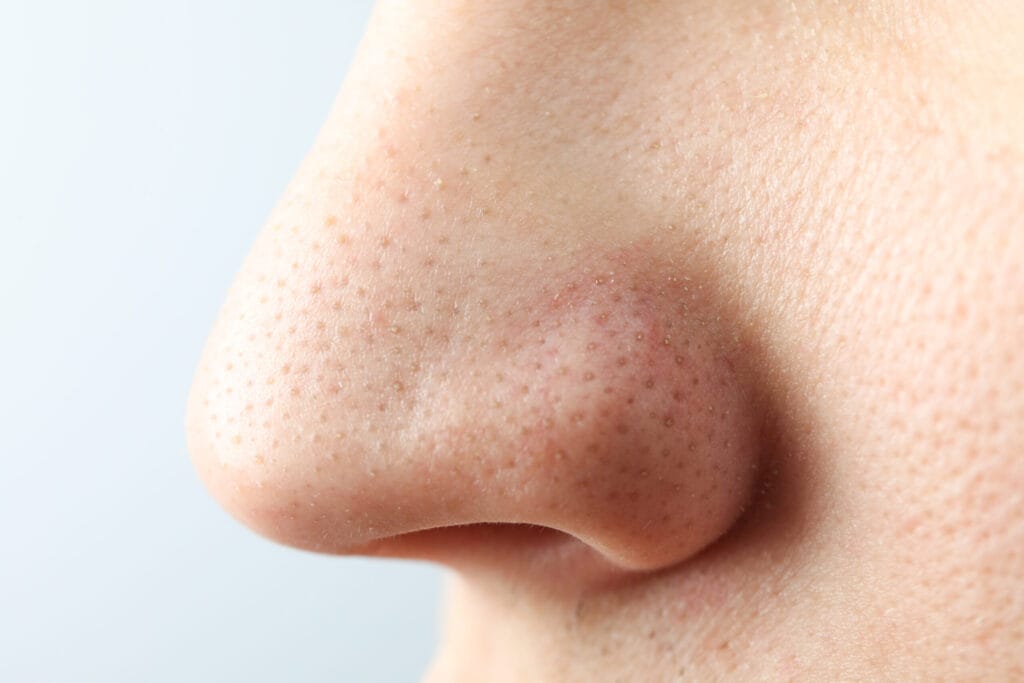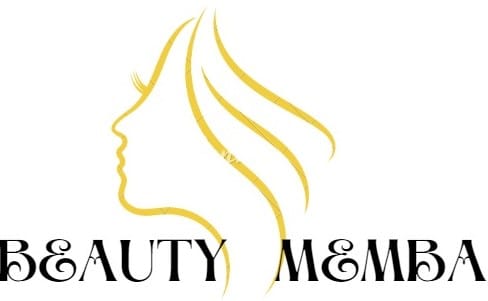Blackheads, those pesky little blemishes that can mar an otherwise flawless complexion, are the bane of many skincare enthusiasts’ existence. Whether you’re dealing with a single blackhead or an entire cluster of them, Excess Oil on Your Skin Finding the best method for removal can be a daunting task. In this comprehensive guide, we’ll explore everything you need to know about blackheads, from what causes them to the most effective ways to banish them for good.
Understanding Blackheads

What are blackheads?
Blackheads, medically known as open comedones, are a type of acne lesion that occurs when hair follicles become clogged with oil, dead skin cells, and bacteria. Unlike whiteheads, which are closed comedones, blackheads remain open to the skin’s surface, allowing the trapped debris to oxidize and turn dark in color.
Causes of blackheads
Several factors contribute to the development of blackheads, including hormonal changes, excess oil production, poor skincare habits, and genetic predisposition. Additionally, certain lifestyle factors, such as smoking and high levels of stress, can exacerbate blackhead formation.
The Best Ways to Remove Blackheads

When it comes to removing blackheads, a gentle and consistent approach is key. Here are some of the most effective methods:
A proper cleansing routine
Start by cleansing your skin twice daily with a gentle, non-comedogenic cleanser to remove dirt, oil, and makeup. Look for products containing salicylic acid or benzoyl peroxide, which help to unclog pores and prevent future breakouts.
Exfoliation techniques
Regular exfoliation is essential for removing dead skin cells and preventing them from clogging pores. Opt for a chemical exfoliant containing ingredients like glycolic acid or lactic acid, which help to dissolve the bonds between dead skin cells and promote cell turnover.
Clay masks and pore strips
Clay masks are excellent for drawing out impurities from the skin, including excess oil and debris from pores. Similarly, pore strips can be effective for physically removing surface blackheads, although they should be used sparingly to avoid irritation.
Retinoids and topical treatments
Retinoids, such as tretinoin and adapalene, are powerful ingredients that can help to unclog pores, reduce inflammation, and promote cell turnover. They are available in both prescription and over-the-counter formulations and should be used as directed by a dermatologist.
Professional extraction
For stubborn blackheads that resist other treatment methods, consider seeing a dermatologist or esthetician for professional extraction. They have the tools and expertise to safely remove blackheads without causing damage to the surrounding skin.
The Worst Ways to Remove Blackheads

While it can be tempting to try DIY remedies or aggressive techniques to remove blackheads, these approaches can often do more harm than good. Here are some methods to avoid:
Harsh scrubbing
Abrasive scrubs and brushes can irritate the skin and exacerbate inflammation, leading to more blackheads and breakouts over time.
Squeezing with your fingers
Using your fingers to squeeze blackheads can cause trauma to the skin, leading to scarring, infection, and the spread of bacteria.
Using DIY remedies without proper knowledge
DIY remedies such as lemon juice or toothpaste may seem like quick fixes, but they can irritate the skin and disrupt its natural pH balance, leading to further breakouts.
Overuse of pore strips
While pore strips can be effective for removing surface blackheads, overuse can strip the skin of its natural oils and lead to irritation and inflammation.
Preventive measures for blackhead

In addition to treating existing blackheads, it’s important to take steps to prevent them from recurring. Here are some preventive measures to incorporate into your skincare routine:
Regular cleansing and exfoliation
Maintain a consistent skincare routine that includes gentle cleansing and regular exfoliation to keep pores clear and prevent the buildup of dead skin cells.
Hydration and moisturization
Keep your skin hydrated by drinking plenty of water and using a moisturizer that is appropriate for your skin type. Hydration helps to maintain the skin’s natural barrier function, preventing excess oil production and blackhead formation.
Sun protection
Wear sunscreen daily to protect your skin from the harmful effects of UV radiation, which can exacerbate blackheads and other acne lesions. Look for a broad-spectrum sunscreen with an SPF of 30 or higher and apply it generously to all exposed areas of skin.
Conclusion
Removing blackheads requires a combination of patience, diligence, and the right skincare products. By following the best methods for removal and avoiding the worst ones, you can achieve clearer, smoother skin without causing harm or irritation.
FAQs
Are there any dietary factors that contribute to blackhead formation?
- While research on the relationship between diet and acne is ongoing, some studies suggest that certain foods high in refined sugars and dairy products may exacerbate acne, including blackheads.
Is it safe to extract blackheads at home?
- It is generally not recommended to extract blackheads at home, as improper techniques can lead to scarring, infection, and further breakouts. Professional extraction is safer and more effective.
How long does it take to see results from blackhead removal methods?
- Results can vary depending on the method used and individual skin type. Generally, consistent use of effective treatments can lead to visible improvements within a few weeks.
Are blackheads the same as whiteheads?
- While both blackheads and whiteheads are types of acne lesions, they differ in their appearance and pore status. Blackheads have open pores, while whiteheads have closed pores.
Can blackheads be removed permanently?
- While blackheads can be effectively treated and managed, they may reappear if proper skincare practices are not maintained. Consistency is key to long-term prevention.







